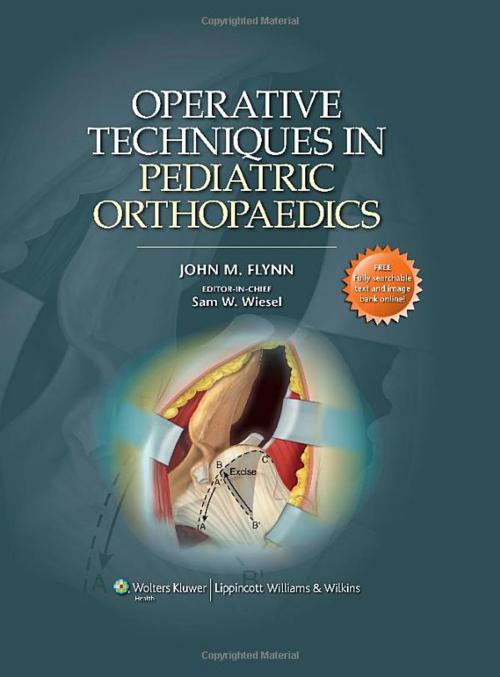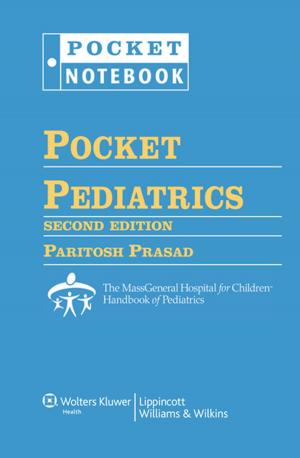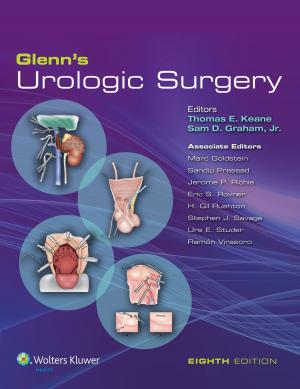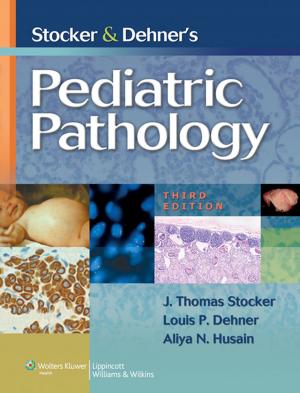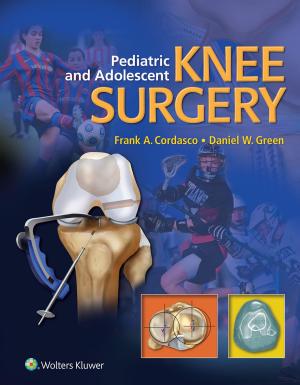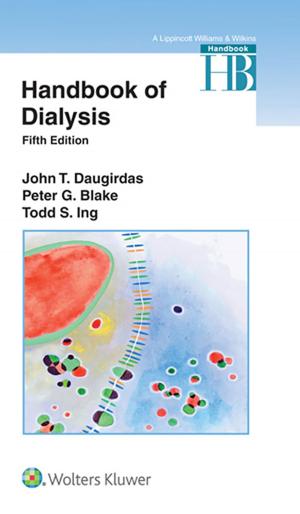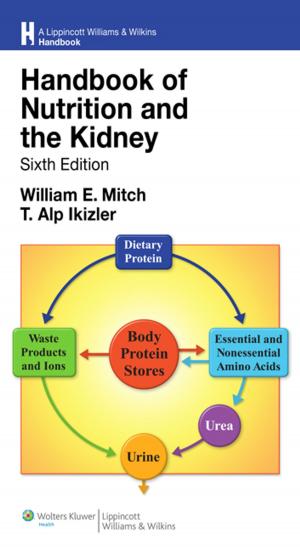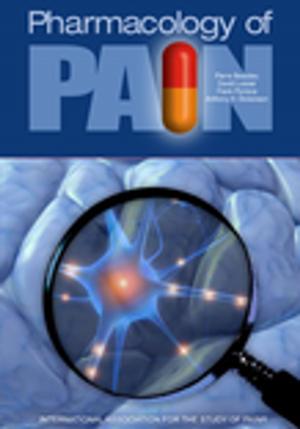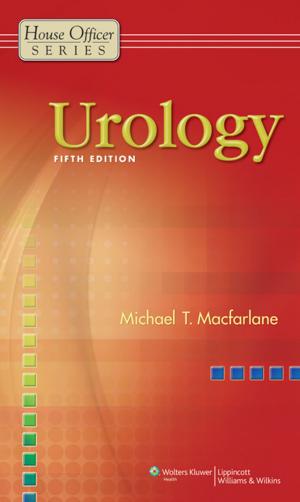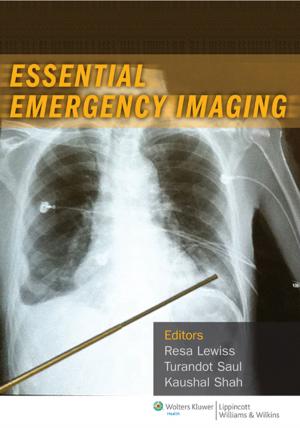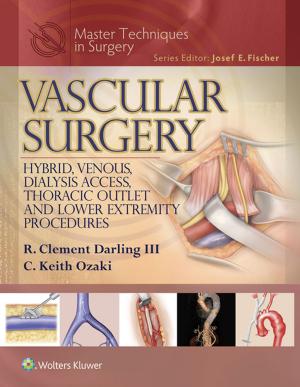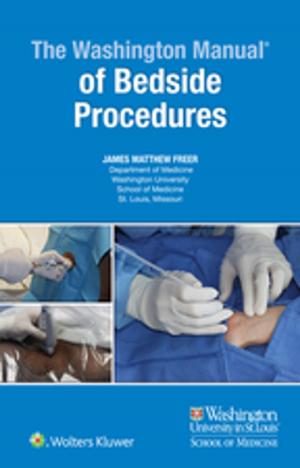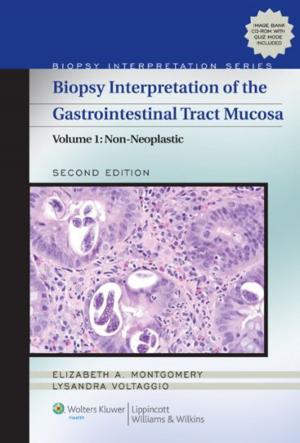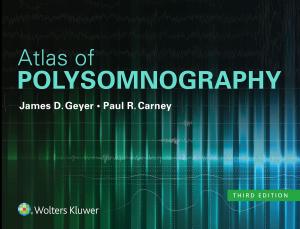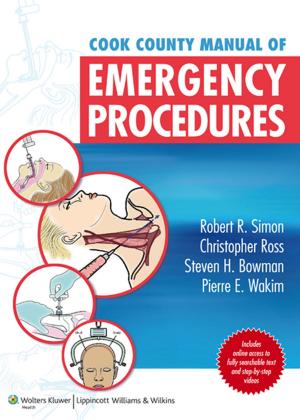Operative Techniques in Pediatric Orthopaedics
Nonfiction, Health & Well Being, Medical, Specialties, Orthopedics| Author: | John M. Flynn, Sam W. Wiesel | ISBN: | 9781451161373 |
| Publisher: | Wolters Kluwer Health | Publication: | February 13, 2012 |
| Imprint: | LWW | Language: | English |
| Author: | John M. Flynn, Sam W. Wiesel |
| ISBN: | 9781451161373 |
| Publisher: | Wolters Kluwer Health |
| Publication: | February 13, 2012 |
| Imprint: | LWW |
| Language: | English |
Operative Techniques in Pediatric Orthopaedics contains the chapters on pediatric surgery from Sam W. Wiesel's Operative Techniques in Orthopaedic Surgery and provides full-color, step-by-step explanations of all operative procedures. Written by experts from leading institutions around the world, this superbly illustrated volume focuses on mastery of operative techniques and also provides a thorough understanding of how to select the best procedure, how to avoid complications, and what outcomes to expect. The user-friendly format is ideal for quick preoperative review of the steps of a procedure. Each procedure is broken down step by step, with full-color intraoperative photographs and drawings that demonstrate how to perform each technique. Extensive use of bulleted points and tables allows quick and easy reference. Each clinical problem is discussed in the same format: definition, anatomy, physical exams, pathogenesis, natural history, physical findings, imaging and diagnostic studies, differential diagnosis, non-operative management, surgical management, pearls and pitfalls, postoperative care, outcomes, and complications. To ensure that the material fully meets residents' needs, the text was reviewed by a Residency Advisory Board.
Operative Techniques in Pediatric Orthopaedics contains the chapters on pediatric surgery from Sam W. Wiesel's Operative Techniques in Orthopaedic Surgery and provides full-color, step-by-step explanations of all operative procedures. Written by experts from leading institutions around the world, this superbly illustrated volume focuses on mastery of operative techniques and also provides a thorough understanding of how to select the best procedure, how to avoid complications, and what outcomes to expect. The user-friendly format is ideal for quick preoperative review of the steps of a procedure. Each procedure is broken down step by step, with full-color intraoperative photographs and drawings that demonstrate how to perform each technique. Extensive use of bulleted points and tables allows quick and easy reference. Each clinical problem is discussed in the same format: definition, anatomy, physical exams, pathogenesis, natural history, physical findings, imaging and diagnostic studies, differential diagnosis, non-operative management, surgical management, pearls and pitfalls, postoperative care, outcomes, and complications. To ensure that the material fully meets residents' needs, the text was reviewed by a Residency Advisory Board.
